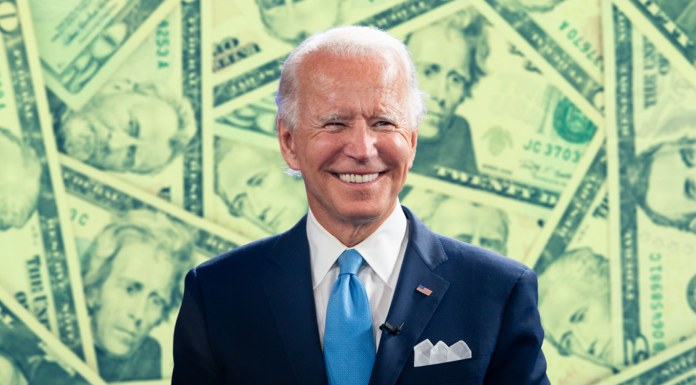(Jon Miltimore, Foundation for Economic Education) In August, the White House announced that most federal student loan borrowers would be eligible for forgiveness. Most borrowers who didn’t receive a Pell Grant would be eligible for up to $10,000 of forgiveness, while borrowers who did receive a Pell Grant—a type of financial aid for low-income undergrads—would be eligible for up to $20,000.
In what NPR describes as a “remarkable reversal,” the US Department of Education last week “quietly changed its guidance around who qualifies” for student debt forgiveness under President Biden’s controversial executive order.
At the center of the change are borrowers who took out federal student loans many years ago, both Perkins loans and Federal Family Education Loans. FFEL loans, issued and managed by private banks but guaranteed by the federal government, were once the mainstay of the federal student loan program until the FFEL program ended in 2010.
Today, according to federal data, more than 4 million borrowers still have commercially-held FFEL loans. Until Thursday, the department’s own website advised these borrowers that they could consolidate these loans into federal Direct Loans and thereby qualify for relief under Biden’s debt cancellation program.
On Thursday, though, the department quietly changed that language. The guidance now says, ‘As of Sept. 29, 2022, borrowers with federal student loans not held by ED cannot obtain one-time debt relief by consolidating those loans into Direct Loans.’
NPR adds that the change could affect as many 1.5 million borrowers, noting that it’s “unclear why the department reversed” course.
While the Department of Education is mum on the sudden change, National Review suggests it may be a legal maneuver to strengthen the constitutionality of Biden’s executive order, which was recently challenged by attorneys general in Iowa, Kansas, Nebraska, Missouri, South Carolina, and Arkansas, which filed a federal lawsuit alleging that Biden’s unilateral order was unconstitutional.
The Pacific Legal Foundation has also filed suit, contending “that student-loan borrowers in states like Indiana, Wisconsin, Minnesota, Arkansas, and North Carolina would be unfairly taxed for the student-loan ‘forgiveness’ under President Joe Biden’s program.”
…
Lawrence Summers, an economist who served in both the Clinton and Obama administrations, made it clear that Biden’s order would have inflationary consequences.
“Student loan debt relief is spending that raises demand and increases inflation,” Summers argued. “It consumes resources that could be better used helping those who did not, for whatever reason, have the chance to attend college. It will also tend to be inflationary by raising tuitions.”
While many will point out that government shouldn’t be “helping” those who didn’t attend college anymore than those who did, his observation that forgiveness will cause tuition prices to rise is spot on.



